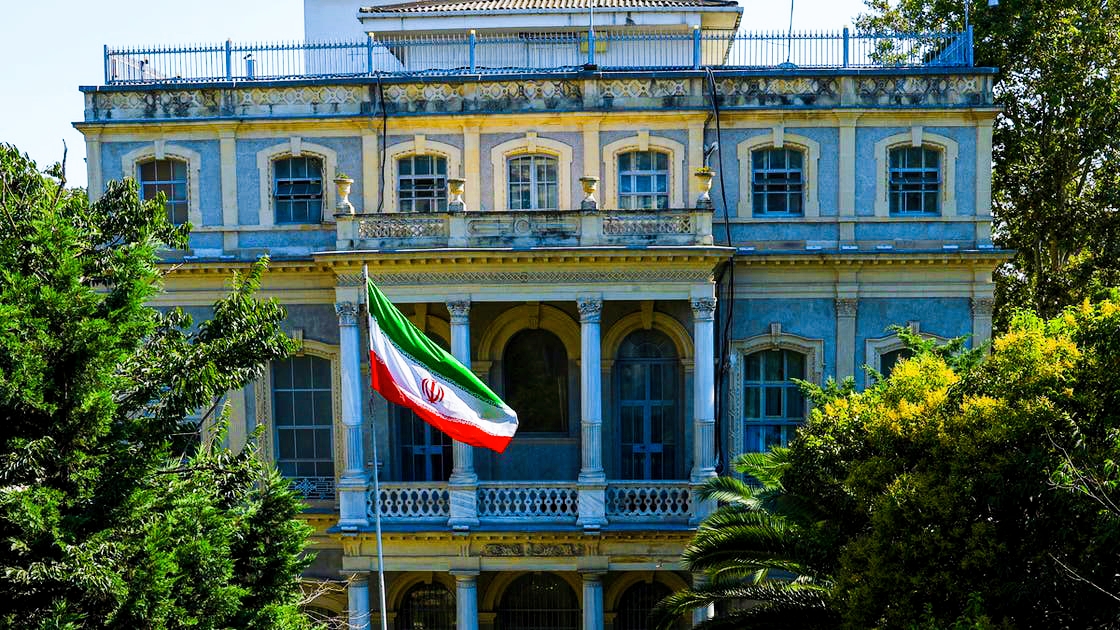The nuclear talks between Tehran and the European Troika represented by Britain, France, and Germany concluded yesterday, Friday, at the Iranian Consulate in Istanbul without achieving any tangible progress on the Iranian nuclear program file, according to official Iranian sources.
Iranian Deputy Foreign Minister Kazem Gharibabadi told the Associated Press that the meeting was "serious, frank, and detailed," focusing on nuclear issues and sanctions, with an agreement to continue discussions later amid escalating tensions.
These talks come at a time of increasing European pressure on Tehran to seriously re-engage in negotiations to revive the nuclear agreement, especially after the 12-day war in June between Iran and Israel, which saw Iranian nuclear facilities being bombed with the participation of American bombers.
In a related statement, Iranian Foreign Ministry spokesman Ismail Baghaei confirmed that the Deputy Director General of the International Atomic Energy Agency will visit Tehran in the "coming weeks" to discuss the framework of cooperation, noting that the visit will not include inspecting the facilities damaged during the recent attacks.
An European diplomat warned of running out of time, indicating the possibility of activating the "snapback mechanism" that allows for the re-imposition of UN sanctions on Iran if rapid progress is not made.
The 2015 nuclear agreement remains partially in effect and officially expires in mid-October.
European countries demand ensuring access for UN inspectors to Iranian nuclear facilities, in addition to clarifying the fate of 400 kilograms of highly enriched uranium that went missing after the American attack.
Meanwhile, Iran continues to affirm that its nuclear program is for peaceful purposes, calling for the lifting of economic sanctions that have severely impacted its economy, despite the halt of indirect talks with the United States after the recent American attacks on Iranian nuclear sites.
Iran, on the other hand, refuses to completely stop uranium enrichment, while Washington insists on that as part of any future agreement.

